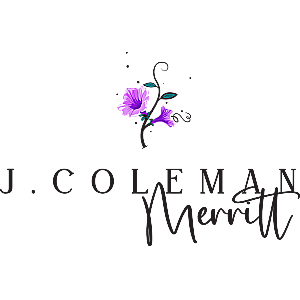Why Caricon?
When I was a child I was a West Indian. I didn’t know it then, but I was an Indian because Christopher Columbus made the colossal mistake of believing he had reached the Indies – meaning India in Asia – when in fact he had bumped into – not discovered – but stumbled into – the islands that make up the Caribbean. The sea was called Caribbean after the indigenous Caribs who were inhabitants of several Islands. In fact, there were other indigenous people – including the Arawaks and Tainos – who also already inhabited the area. So no, no discovery happened here! An adventure? Yes! A conquest? Certainly! But really…no discovery.
What did being a “West Indian” child mean for me?
It meant living among so many brave and hopeful new immigrants. My home in East Harlem New York, was a safe haven for many relatives, friends – people old and young, just arriving in America. For us, it was a place of boundless opportunities and promise. It meant the pleasure of my father arriving home from work with long stalks of sugarcane, which we then would hound him to cut into small chew sticks – treats saturated with the sweet juice of raw sugar.
It meant eating rice and peas every Sunday – and for as many days as the leftovers lasted – this being totally dependent on how many guests dropped in for Sunday dinner. My mother believed in sharing whatever food she had with whomever appeared on our doorstep at dinnertime. Being a West Indian child meant living with lots of adults who cured all manner of childish misbehavior with the firm directive: “Take up yuh book!” Unless, of course, you hadn’t finished your chores.
It meant living a tri-lingual existence – in my home, language was a colorful mix of Afro-Cuban Spanish, Standard English and Jamaican Patois. When I first went to school, I had a “funny way of talking” – to this day, I have no idea how I actually sounded. I was immersed in such a smorgasbord of sounds, words and expressions! I soon learned to code-switch with dexterity – and acquiring new languages became a great gift.
Belonging to the CARICON literary community allows – then again – it encourages me to reflect on and honor my roots in the Caribbean islands – to appreciate having the great, good fortune to have chosen such thoughtful, courageous parents. They were people grounded in their cultures. They were proud of their heritage – they kept the stories of their parents and grandparents alive. They were also proud to be immigrants – to recognize the promise of American opportunity and to help their children recognize it and strive to benefit from it – without forgetting “Where yuh come from”. Where we come from is an essential part of who we are.
So, I am grateful to have a vehicle such as CARICON, where I have a platform from which I can channel and honor my ancestors.
You can learn more about the Caribbean Literary Conference – CARICON 2022 – at cari-con.org.
It takes place on the first weekend of Caribbean American Heritage Month, June 3-5th, with both virtual and in person events here in Los Angeles, CA.

